When your old furnace finally gives out, you’ll need to decide whether to buy or rent a furnace. Should you take on the upfront cost of purchasing a new furnace? Or is renting a furnace a better option to avoid that large initial payment?
There are good arguments on both sides. Renting a furnace means you don’t have to pay a lot of money all at once. But buying has advantages too, like potentially saving money over time, getting better warranties, and having more control over the unit.
This guide will walk through the major factors to weigh when deciding between renting vs. buying a new furnace. We’ll look at the costs, warranties, efficiency, maintenance and other key considerations. By the end, you’ll have the information you need to make the best decision for your home heating needs and budget.
Cost Comparison Buying Vs. Renting A Furnace
When deciding between buying or renting a furnace, one of the biggest considerations is cost. At first glance, renting may seem cheaper since there is no large upfront investment required. However, when you look at the total cost over the lifetime of the furnace, buying often makes more financial sense.
Renting a furnace requires an ongoing monthly payment. While the upfront cost is lower, renters pay more overtime compared to buying a furnace. Furnace rental agreements are typically 1-10 years, with monthly payments of $30-$125 depending on the size of your home. These recurring costs quickly add up.
In contrast, buying a furnace requires a larger upfront investment but saves money in the long term. New high-efficiency models range from $4,000-$8,000 depending on size and features. While not insignificant, this upfront cost is quickly recouped over time when you no longer must pay monthly rental fees. Many homeowners see savings after just 5-7 years compared to continuous renting.
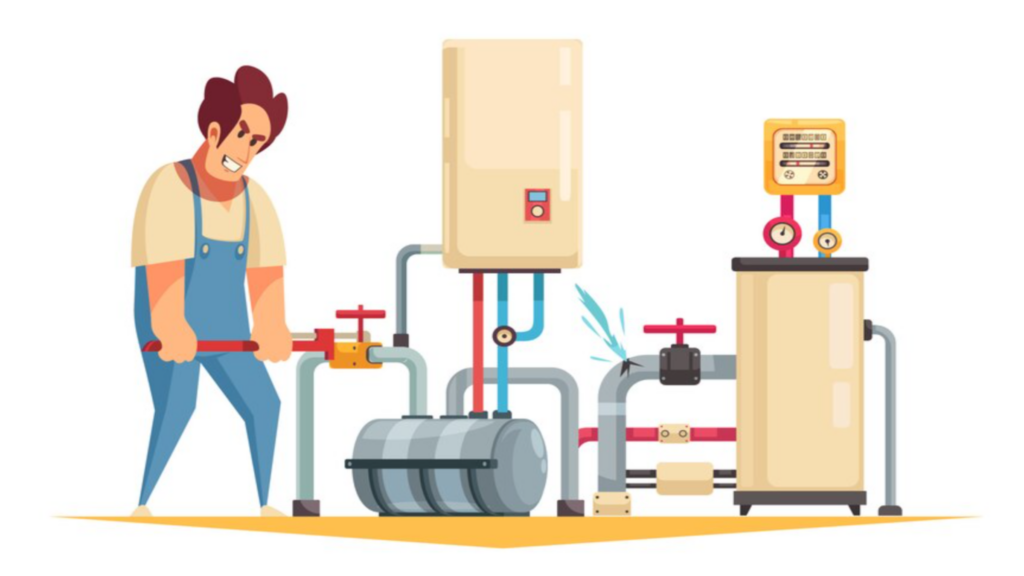
Buying a new furnace also allows you to realize savings from energy efficiency upgrades. New models are significantly more efficient than old ones, reducing your heating bills by 10-30%. Not only do you save on the furnace itself over time, but you also save on energy. Renting locks you into an older, less efficient model.
Ultimately, buying a furnace is more cost effective for most homeowners if you plan to stay in your home long-term. While renting seems like the cheaper option upfront, total savings over the furnace’s lifespan favor buying.
Convenience
Owning your own furnace gives you full control and flexibility over your heating system. With a rental, any time something goes wrong, or you need maintenance, you must call the rental company and arrange for them to come out. This can be a hassle, especially if you have an emergency issue on a weekend or holiday. The rental company’s schedule dictates when and how quickly repairs and maintenance are done.
When you own the furnace, you can arrange maintenance and repairs on your own schedule. If something breaks down, you can quickly call an HVAC technician and have them come out whenever it’s convenient for you. You don’t have to wait for the rental company’s next available appointment.
You also have full control over customizing your system over time. With a rental, you’re limited to the basic model they provide. But when you purchase your own furnace, you can upgrade or enhance it however you want to best meet your needs.
Warranties Provide Peace Of Mind With A New Furnace

Purchasing a new furnace typically comes with a manufacturer’s warranty that provides coverage for parts and labor if something goes wrong. Most furnace warranties cover the heat exchanger for 5-10 years and other parts for 1-5 years. This gives you peace of mind knowing that if the furnace breaks down due to a manufacturing defect, you won’t have to pay for repairs during the warranty period.
With a rental furnace, you don’t get any warranty protection. If the rented furnace breaks down, you’ll likely have to pay the rental company for any repairs needed. You also may need to pay rental fees for the time you were without a working furnace. Without a warranty, you take on all the risk of unexpected breakdowns and costs.
The warranty provided with a new furnace purchase is a major benefit compared to getting a rental furnace. While renting may seem like a lower upfront cost, it leaves you unprotected if the furnace needs repairs. The warranty protects you from unexpected repair bills for several years.
Efficiency
Renting an older furnace can be very inefficient, wasting energy and costing you more money in the long run. Upgrading to a newer, more energy efficient furnace can provide significant cost savings through lower energy bills.
Newer model furnaces have an Annual Fuel Utilization Efficiency (AFUE) rating of 90% or more. This means 90% of the fuel is efficiently converted to heat for your home. Older models can have AFUE ratings as low as 60%, meaning a lot of your fuel is wasted.
With a new high-efficiency furnace, you can expect to reduce your heating costs by 15-30%. The higher initial investment pays for itself within just a few years through energy savings. Then after that, it’s just putting money back in your pocket each month.
Buying your own newer furnace gives you control to choose the highest efficiency model that fits your budget. Renting an older unit means dealing with higher energy bills and wasted heat. Go with a purchase for the long-term energy savings.
Maintenance
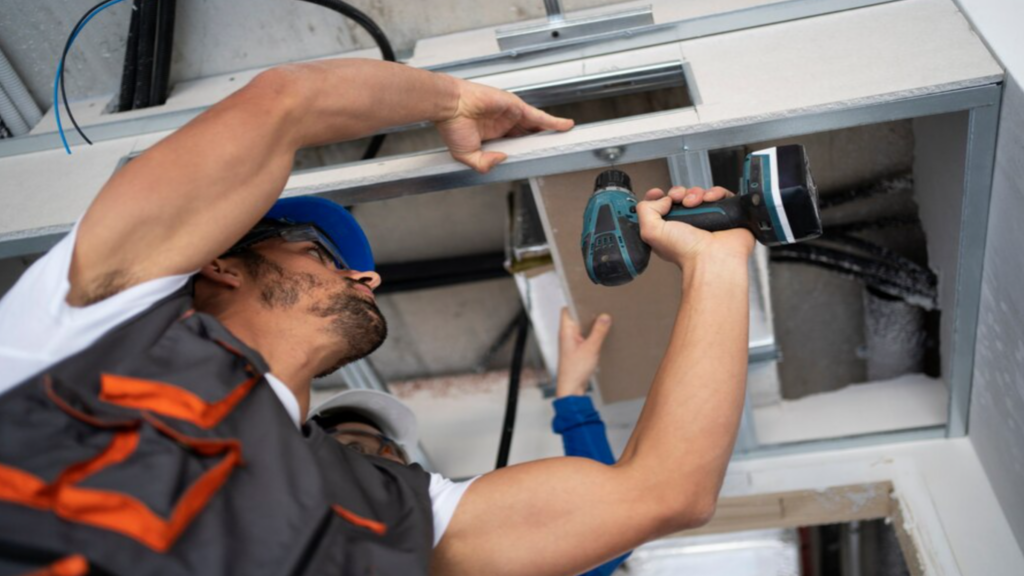
One of the biggest factors in deciding between renting and buying a furnace is maintenance.
When you purchase a furnace, you take on full responsibility for any repairs and ongoing maintenance. This means paying for tune-ups, filter changes, breakdown repairs, and even full replacements once your furnace reaches the end of life.
Depending on the age and quality of your furnace, repair bills can add up fast. You’ll also need to find reputable HVAC technicians in your area and schedule annual maintenance, which takes time and diligence as a homeowner.
With a rented furnace, maintenance and repairs are usually built into your monthly fees, saving you those unpredictable repair bills. Most rental companies will handle any issues that crop up and get a technician out for repairs faster than you could schedule as an individual homeowner.
However, you are at the mercy of the rental company’s technicians and scheduling. Non-emergency issues may take longer to resolve than if you had your own contractor connections as an owner. Renting also means limited control over maintenance schedules.
Lack Of Customization When Renting A Furnace
One of the biggest advantages of buying a furnace rather than renting is the ability to customize and upgrade the system as needed. When you own a furnace, you can choose one that fits your home’s size and layout perfectly. You can also select features and settings that align with your priorities, whether that’s energy efficiency, temperature control, noise level, or aesthetics.
Over time as your needs change, you can upgrade components of your furnace system, like installing a variable speed blower motor for improved efficiency and comfort. You can add accessories and advanced controls like smart thermostats. If you finish your basement or undertake renovations, you can resize your furnace to meet the new demands.
With rental furnaces, you’re stuck with the basic unit. The rental company owns the equipment and handles all repairs and maintenance. Most rental agreements prohibit tenants from making any changes or upgrades whatsoever. The limited flexibility of a rental makes ownership much more attractive for many homeowners.
Resale Value Favors Buying

Investing in a new, high-efficiency furnace can pay dividends when you eventually sell your home. Realtors confirm that an updated furnace with a good warranty can be an attractive selling feature that adds value beyond the cost of the unit itself.
Homebuyers may be wary of an older furnace that seems likely to need replacement soon. They’ll feel more confident buying a home with a new furnace that will provide comfortable, cost-effective heating for years to come.
Renting a furnace does not provide any added resale value. While renting avoids a major upfront cost, all those monthly rental payments over the years do not contribute value to your property. The next owner will not benefit from any rental equipment you invested in. From a resale perspective, you’re better off buying the furnace to maximize your home’s future sale price.
Safety
Renting an older furnace can present some safety risks compared to owning a newer model. Furnace technology has improved greatly over the past couple of decades with the addition of many helpful safety features.
New furnaces have multiple internal sensors that monitor carbon monoxide levels, gas leaks, overheating and more. They can automatically shut off if a dangerous situation occurs. Many new models also have control panels with status codes, so homeowners can quickly identify any problems.
With a rental furnace, you may be stuck with an older unit that lacks some of these protective capabilities. The furnace itself could be 20-30 years old. While rental companies do basic maintenance, they typically don’t upgrade old equipment until failure.
If safety is a priority, purchasing your own newer unit is the way to go. You’ll have peace of mind knowing your family and home are better protected. And you can choose add-ons like carbon monoxide detectors and ventilation systems for even more security. Renting an old furnace saves money upfront, but the risks may outweigh the rewards.
Buying Or Renting A Furnace: Final Takeaways
When deciding whether to rent or buy a new furnace, there are several key factors to consider. This article has examined the main pros and cons of both options.
To summarize, buying a furnace often makes more financial sense in the long run. Though the upfront cost is higher, you’ll likely recoup that investment over time through increased home value, lower energy bills, tax incentives, and avoiding repeated rental fees. Buying also allows you to choose a top-efficiency, customized model and take advantage of warranties.
Renting offers more convenience and flexibility. But you’ll be stuck with an older, likely less efficient furnace. Rentals also limit your control over maintenance and repairs.
Overall, for most homeowners planning to stay in their home long-term, buying a quality new furnace is the better option. The purchase will pay off down the road through savings and added comfort. For more information about the latest high-efficiency furnace models and available energy rebates, speak to one of our expert energy advisors and they will be able to answer any questions that you might have.
Related Posts
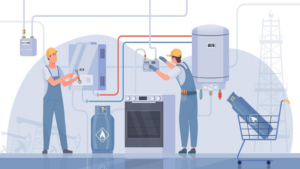
Furnace Maintenance Tips for the Winter
Prepare for winter—ensure your furnace is set with key maintenance tips: filter changes, thermostat inspections, and regular checks.

The First Things You Should Do When You Get a New Furnace
Considering a new furnace? Check ducts, replace filters, and plan maintenance to boost efficiency and extend its life with these tips.
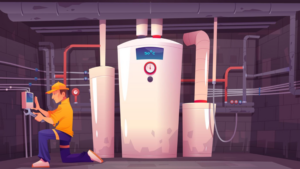
Furnace Repair or Replacement – Should I Get a New Furnace?
Your furnace is one of the most important aspects of your home. Make sure you are well informed before considering furnace repair or replacement.

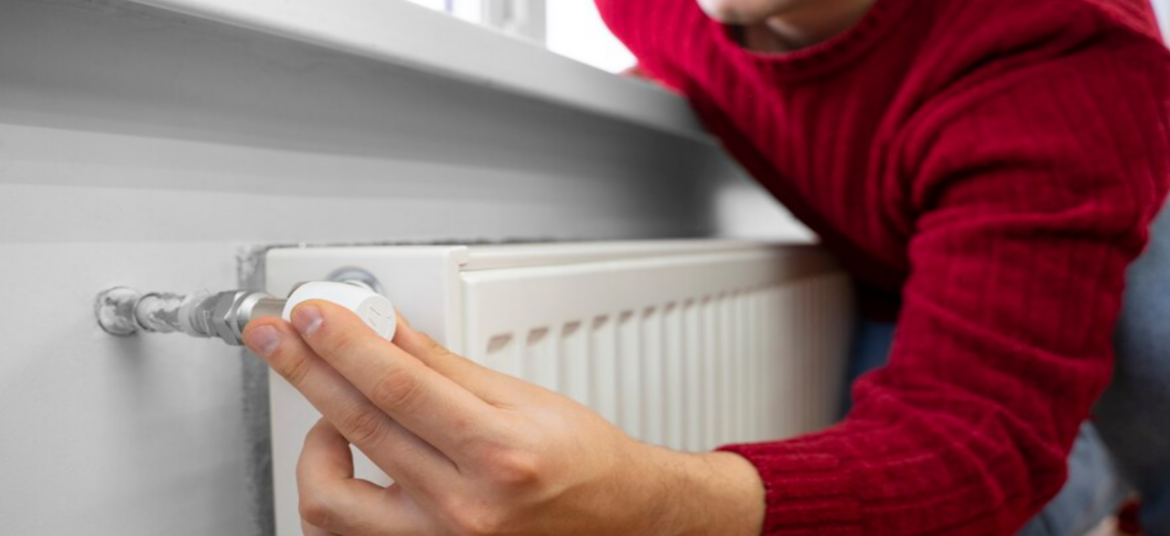
No Comments